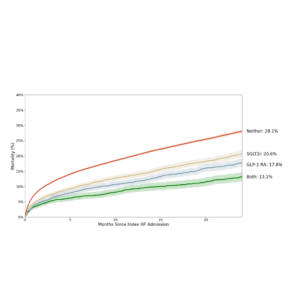CardioCare was recently featured in Becker’s Hospital Review as an example of how leading hospitals are improving their cardiac care service lines.
How Healthgrades’ best hospitals for cardiac care are working to improve outcomes
Kelly Gooch – Wednesday, November 4th, 2020
A multidisciplinary team approach, a program for coronary artery bypass surgery patients and professional development of critical care nursing staff are among the initiatives hospitals and health systems have implemented to improve clinical outcomes in heart care.
For a closer look at these efforts… Read Full Article
© Copyright ASC COMMUNICATIONS 2021



